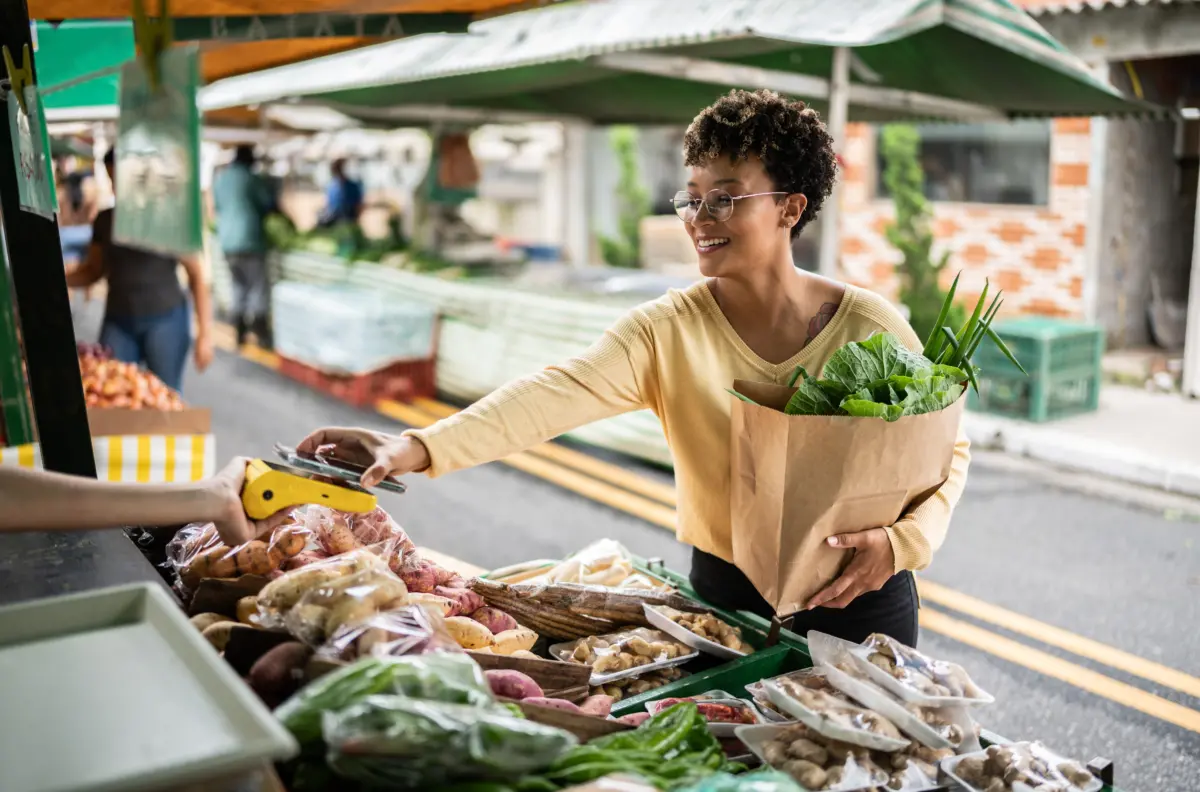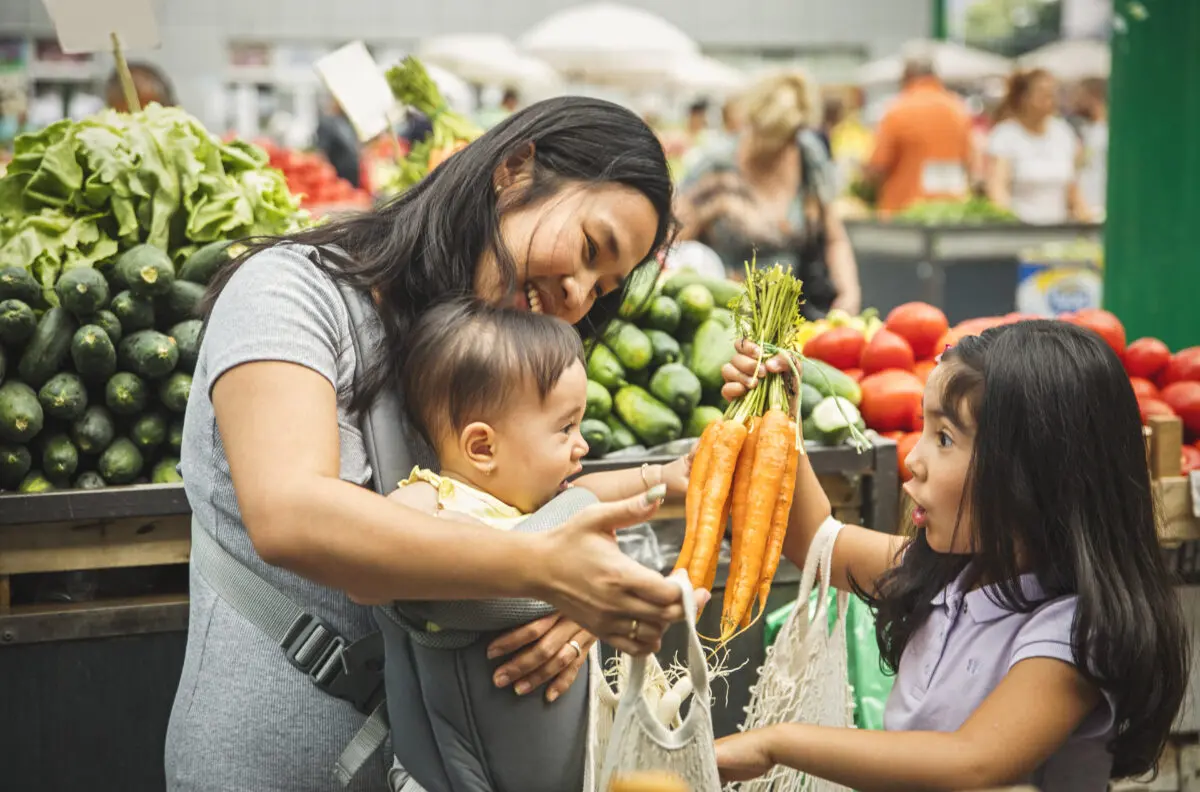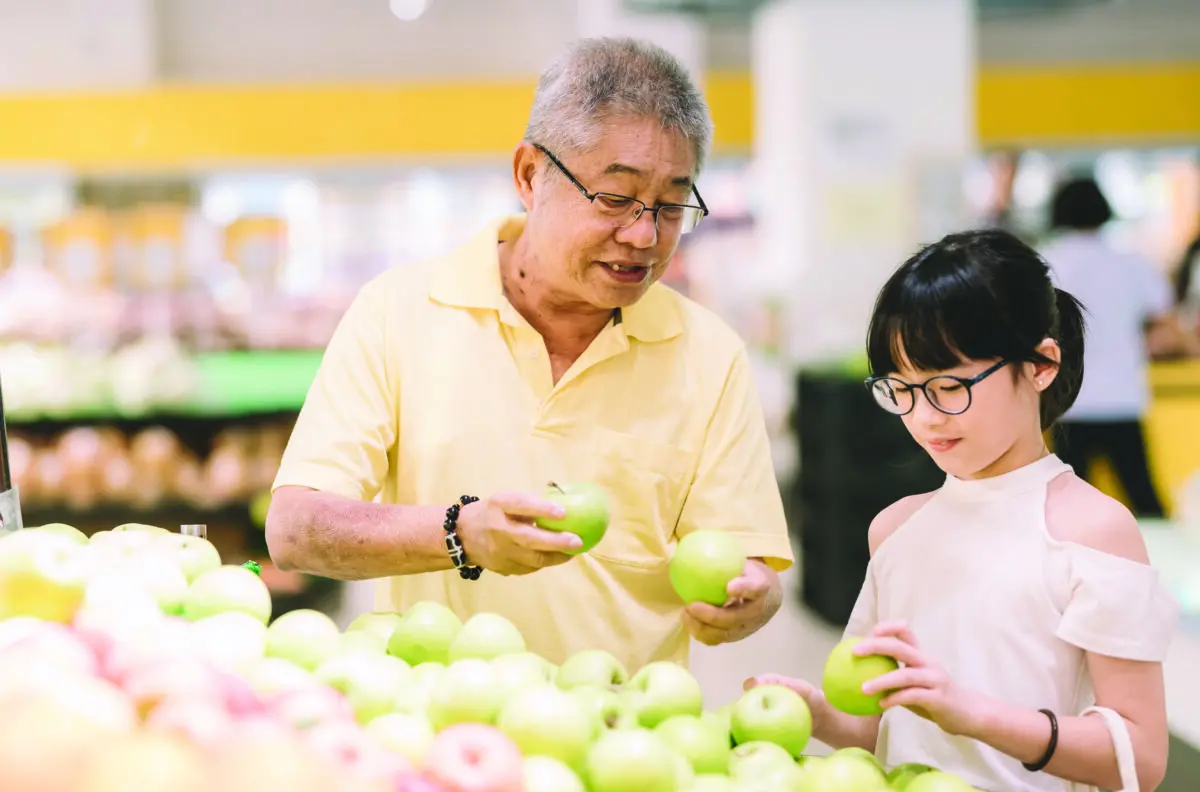Momentum for these bans was triggered by the ministry of health’s communication around COVID-19 prevention—including the important role that food plays in promoting health and preventing disease. These messages about the importance of healthy eating and drinking also appeared in the media, which pointed out the health harms of consuming processed foods that are high in sugar, sodium, fat, and empty calories. The undersecretary of health even called soda “bottled poison.”
Last year, in the midst of the pandemic, legislators in Mexico moved swiftly to ban the sale of unhealthy foods and beverages to children.
Oaxaca was the first state to approve junk food bans.
This started as a true grassroots movement, ignited by the strong community advocacy of 13 different Indigenous groups1 who were determined to protect2 people from diabetes and obesity—and prevent the displacement of traditional foods that are deeply rooted in their culture. They fought to prohibit distributors from delivering sugary drinks and junk food to their local stores.3
This sparked a domino effect. The Mexican states Tabasco and Colima soon followed suit. Many others have introduced similar bills. The laws expressly prohibit donations, sales, or supplies of sugary drinks and high-calorie packaged foods such as soda, chips, and candy to children under 18.
These bans were initially part of a strategy to regulate the food and beverage companies’ advertising tactics. But the local congresses acted autonomously to enact a nationwide labeling law4 that introduced warning symbols for all packaged food and beverages that are high in sugars, calories, salt, and saturated or trans-fat.
The symbols—stark black stop signs with written warnings such as “excess sugar” and “excess sodium”—must be placed on the front of the package where it’s easy to see. These warning signs will make it easier to follow the new laws, helping people to identify what is junk food, and not sell or give it to children.


